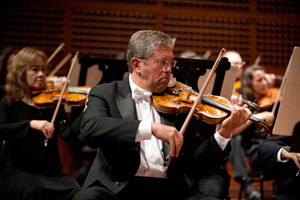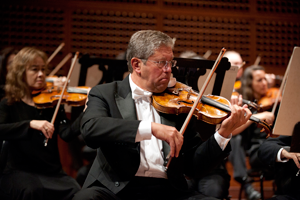
As reported here just before the Giants became Champions of the World (so to speak), San Francisco will play Kansas City tomorrow... in the concert hall.
When that article was published, little did we know about the outcome of the baseball Series or that from the warmth of the California drought (temperatures in the 70s every day since, until just yesterday), the orchestra musicians will make their way through an Arctic blast in the Midwest and East Coast. To recap plans for Michael Tilson Thomas and SFS:
The tour celebrates the 20th anniversary of MTT's appointment as music director (his guest-conducting SFS goes all the way back to 1974), also marking his 70th birthday, on Dec. 21. He is now both the longest-tenured music director for a major American orchestra and the longest-serving music director in SFS history.
After Kansas City, SFS will perform a mixed program in Ann Arbor's Hill Auditorium (Nov. 13), Cleveland's Severance Hall (Nov. 15), Boston's Symphony Hall (Nov. 16), New York's Carnegie Hall (Nov. 20), and Miami's Arsht Center (Nov. 22).
Another program, with Mahler's Symphony No. 7 the only work to be performed, is scheduled for Ann Arbor (Nov. 13), Princeton (Nov. 18), and New York (Nov. 19).
Among many reports in the cities expecting the San Franciscans, in Michigan, SFS is awaited eagerly, with an extensive article about the two programs to be performed in Ann Arbor. The writer, Susan Isaacs Nisbett, got a good quote from MTT about the character of the music in the Mahler:
The Seventh Symphony seems to reflect the more psychoanalytical side of musical expression. It’s really a schizophrenic piece, intellectually more advanced than anything else Mahler ever did.There is a real "mad-scientist" aspect to much of it. The finale poses one of the greatest challenges to performers in any of the standard repertory. There are so many starts and stops, changes of direction, profound and utterly trivial ideas, alternating in what is at first a completely bewildering way. It seems as if Mahler is toying with us, enjoying telling us with a slightly malicious sneer, "And now for something completely different!"

